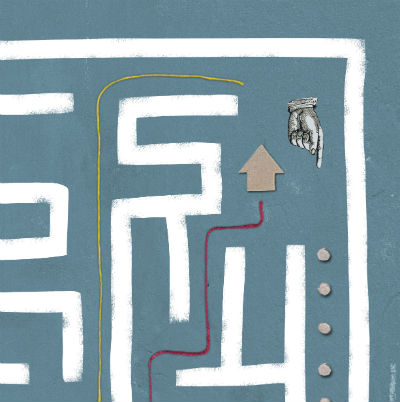Submitted by keti on
This report is part of CRIN's access to justice for children project, looking at the status of the Convention on the Rights of the Child (CRC) in national law, the status of children involved in legal proceedings, the legal means to challenge violations of children’s rights and the practical considerations involved in challenging violations.
Bosnia and Herzegovina ratified CRC on 1 September 1993 and incorporated into national law by constitution. Annex I of the Constitution identifies the CRC as one of many human rights agreements to be applied in Bosnia. A minor who has not acquired full legal competence is considered to have litigation capacity within the limits of his or her recognised legal competence. A party that does not have litigation capacity is represented by his or her legal representative. In civil proceedings, courts are permitted to exempt the party from paying the costs of the proceedings if the party cannot compensate the costs without jeopardizing the necessary support of himself or herself and his or her family. Proceeding following a request of the citizen whose right or freedom has been violated by an action of an official in an institution, or of the responsible person in a public agency or public corporation, is considered urgent and a judicial decision must be made as soon as possible and not later than within 15 days from the receipt of the request. In criminal proceedings when hearing a minor, in particular if the minor was victimised by the criminal offence, the participants are obliged to act with circumspection in order not to have an adverse impact on his or her mental condition. If necessary, the minor is heard with assistance of a pedagogue or other professional.

